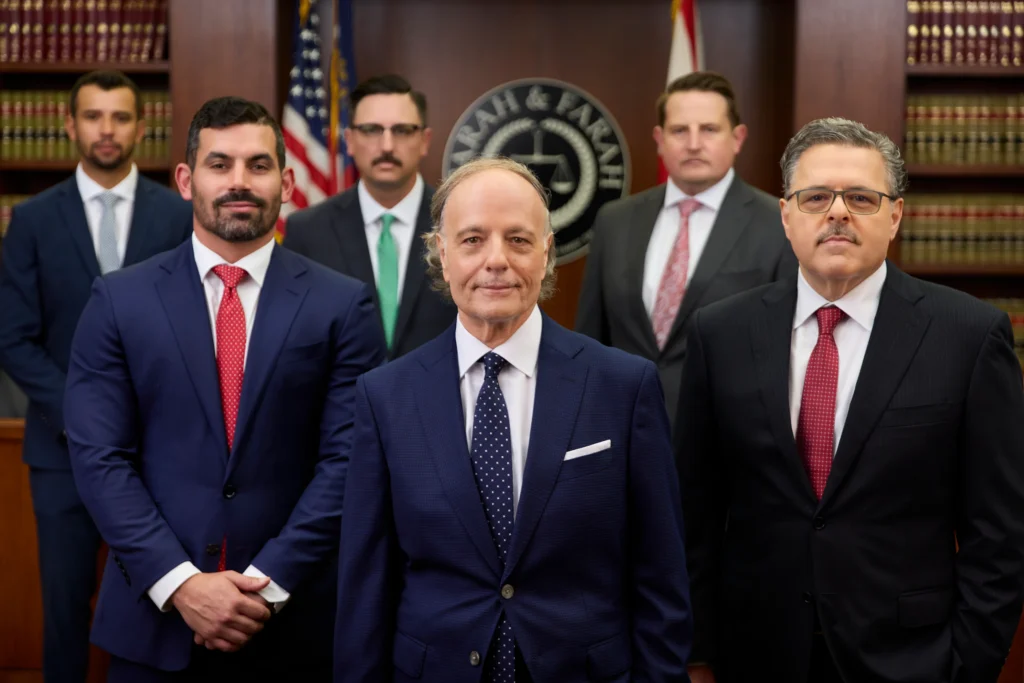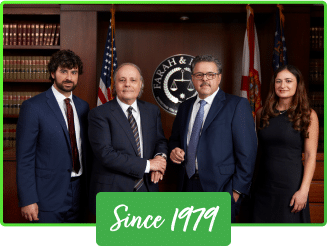Product Liability FAQs

FREE CASE REVIEW
Home > Product Liability Attorneys > Product Liability FAQs
What is product liability?
What kind of products fail?
Don’t things just break from time to time?
What if my product was made outside of the U.S?
If many people have experienced the same outcome from the defective product, do we have a class action lawsuit?
Who is held responsible?
What can I expect to collect and what will it cost to do so?
Is there a limited time to file my case?
What can I expect the other side to do?
How do we prove the other side is negligent?
What can I do to help with my case?
Q: What is product liability?
A: Product liability is an area of the law that allows consumers, injured by defective products, to be compensated for their injuries or illness. A defective product can cause injuries when it fails, is improperly designed, improperly labeled, or made of shoddy materials. The liability can extend to the manufacturer, supplier, and retailer or distributor of the product.
Q: What kind of products fail?
A: All kinds of products fail or are improperly labeled. A manufacturing defect can produce products that don’t stand up to their intended use. A fabric that doesn’t hold an infant because it is too weak is an example. Then there are design defects that make the entire line dangerous, such as a toy that shoots a marble into a child’s eye. A maker who puts a product in a defective package, such as childproofing that doesn’t work, could be held liable. The third type of product liability is an insufficient warning or instruction about the product’s inherent or potential dangers.
Q: Don’t things just break from time to time?
A: An injury does not necessarily mean the produce is defective. Product liability does result when it was produced with shoddy materials based on a defective design. A well-designed, well made item can break, but often products break because they are poorly made. If you have spent good money on the product and the manufacturer made representations about the functions of the product, you are entitled to compensation when you are harmed by the defective product. Even if you have used the product in a way it was not intended, the manufacturer should anticipate any unforeseen product use and may still be held liable.
Q: What if my product was made outside of the U.S?
A: Often these days a product may be produced outside of the U.S. or a portion of the final product may have been outsourced to foreign manufacturer. However once that product is marketed and sold in this country, the corporation making the profit is subject to domestic laws. Typically it is very difficult to sue foreign corporations, one reason that cruise ships are registered outside of the U.S.
Q: If many people have experienced the same outcome from the defective product, do we have a class action lawsuit?
A: Yes, you could. A class can be created if many people have suffered similar injuries to yours by using the same defective product. Drug injuries are a good example of that. One attorney then represents the entire “class” of plaintiffs. When facing a large corporation with deep pockets, it may be to your advantage to join a class because the corporation can outlast you in litigation.
$2+ BILLION IN RESULTS

Q: Who is held responsible?
A: When a product is sold to consumers, there is an implication, if not an outright promise, that it is safe and works as promoted. When the product fails, you may have an action against the manufacturer and everyone who distributed the product. In addition, the company that repaired the defective product can be held liable. A product liability attorney will need to research the chain of commerce to determine all potential defendants.
Q: What can I expect to collect and what will it cost to do so?
A: An attorney will take your case on a contingency basis, so you have no out-of-pocket costs. The law firm collects their fees and costs at the time of recovery following a successful jury trial or settlement. In return, we will help you fight to be compensated for your lost time at work and any property or physical damage you or a loved one suffered. Your medical bills, the cost of rehabilitation to recover from the defective product, pain and suffering, and punitive damages may be collected depending on the facts of your case.
Q: Is there a limited time to file my case?
A: Absolutely. It varies from state to state, but the statute of limitations usually begins at the time of the injury. You may not know about your injury if it takes time to manifest. In that case, there may be a delayed discovery rule that starts the clock when you discover the injury.
Q: What can I expect the other side to do?
A: You can expect them to blame you for your own injury. You didn’t take your medication as prescribed, or you failed to properly buckle up and that’s why you were injured they are likely to say. An attorney needs to prove that the product was defective on its own, regardless of the users input. Otherwise, there is a standard for comparative fault that may allow you to recover a portion of damages attributed to the defective product.
Q: How do we prove the other side is negligent?
A: You may not have to. Depending on your state, we may only have to prove strict liability which means we do not have to prove fault, just that the product is defective and caused your injuries.
Q: What can I do to help with my case?
A: First, keep the product or make sure it is preserved. That will be the evidence we need to make your case. If you have a receipt from the place of purchase we will need that as well as any user manuals or materials that came with the product. Do pictures exist of the accident? Were there any witnesses and do you have their contact information? Make sure you provide your lawyer with the times of all medical appointments, the days of missed work, and your medical records. Receipts will be needed to prove your out-of-pocket cost for repairs. Keep detailed notes on everything related to the defective product. Contact an injury lawyer at Farah & Farah immediately to preserve evidence needed to help you recover in a defective product case. (877) 245-6707
What if I’ve Been Injured by a Defective Product?

Mistakes made by the manufacturer and distributor of a defective product may have harmed you and your family in irreparable ways. Injuries and deaths due to defective products can take a heavy toll on quality of life and on family finances due to lost wages, medical bills, and pain and suffering. Seek the compensation and justice you deserve. Let one of Farah & Farah’s experienced attorneys represent you and take on the company that harmed you or a loved one. Contact us now for a free consultation about your case. You pay nothing unless your case is successful.
Baby Formula Stomach Problems
Boar’s Head Listeria Outbreak Attorneys
Chemical Hair Straighteners Cancer Lawsuit
Dicamba Cancer Lawsuit
Eye Drops
Firefighting Foam (AFFF)
Paraquat Side Effects Lawsuit
Premature Baby Formula NEC Lawsuit
Product Liability Attorneys
Roundup Cancer Lawsuit
Talcum Powder Cancer Lawsuit
Ultra-Processed Foods Lawsuit














FREE CASE REVIEW
